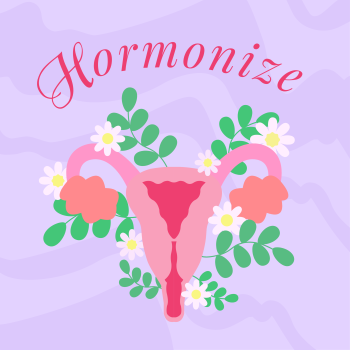
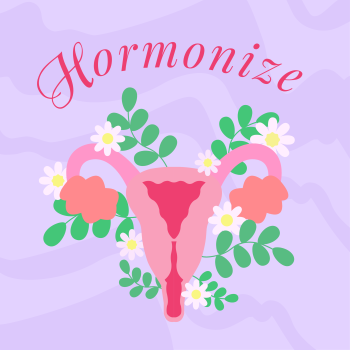
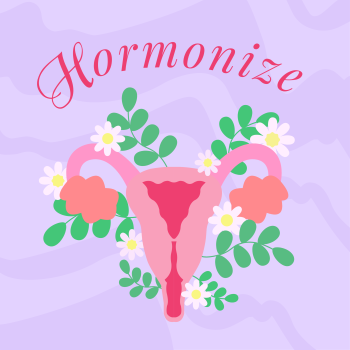
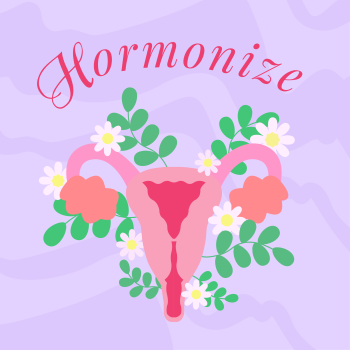
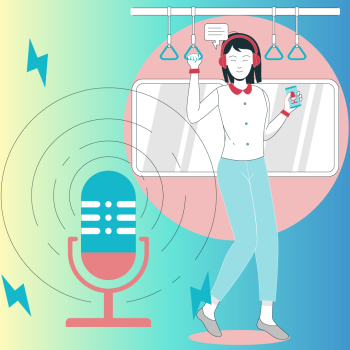
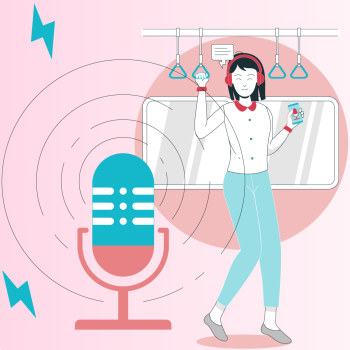
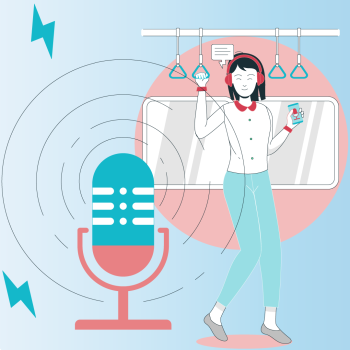
|
Our relationship with plastic needs rethinking. Plastics are versatile materials, but the way we use them is incredibly wasteful. We take oil and gas from the earth to make plastic products that are often designed to be used only once, and then thrown away in the current linear take-make-waste economic model. Year on year, millions of tonnes of plastic end up in landfills, are burned, or leaked into the environment. A staggering 8 million tonnes leaks into the ocean every year, and that number is rising. If we do not rethink its use, there might be more plastic in the ocean than fish by weight by 2050.
But it is possible to rethink the way we design, use, and reuse plastics to create a circular economy for plastic. The use of plastics has increased twenty-fold in the past 50 years. While the plastic material has many benefits, we now know there are harmful negative consequences if it becomes waste or pollution. We need a new vision for a circular economy for plastic, in which plastic never becomes waste or pollution. It is not only about beach clean-ups to clean up the waste already in our environment, on their own they are far from enough. Even if we manage to clean up the current plastic in the environment, more plastic leaks into it every day, and plastic waste enters the world’s oceans.
It is also not about banning plastic and replacing it with other materials, such as glass, paper or aluminium. Even though banning plastics can be a solution, replacing it with other materials can lead to significant negative, unintended consequences such as increased carbon emissions, water use, and food waste. Hence, we must take a holistic approach, looking at the whole system in which a plastic material is used, from sourcing and production to use and after use. Redesigning the entire plastics system is the solution: rethinking the way we make, use, and reuse plastics and redesigning the system in which plastic material is used to fit within a reuse, recycling, or composting system. |





The content of terrampacis.org domain is controlled and managed by TERRAM PACIS based at Edvard Storms gate 2, 0166 Oslo. We value your privacy and the privacy of the information we collect from you when using our websites.
This privacy notice was updated on 10.02.2026. Therefore, if you decide to use our websites and the provided services, it implies that you agreed with this privacy notice. Otherwise, please do not use our websites and the provided services.
When we make new amendments to this privacy notice, the amended notice is posted hereon. Therefore, the continued use of our websites and provided services, implies that you agreed with the new amendments.
We particularly collect information from and about you when you: make a donation, register an account or register as a partner, and when you subscribe to our newsletter. To delete your own data, please go to Delete my account or unsubscribe from our newsletter.
We use cookies on this website. It is a piece of data stored on your hard drive to help us improve your access and your use of our websites' services. If you do not accept this, please do not use our websites and the provided services.
We use reasonable and up to date security methods to protect all the data we collect from you and held by us. However, on the Internet, we cannot guarantee information's absolute security.
Where reasonable we challenge any legal processes seeking access to any data collected from you and held by us. Though in some cases, we may be unable to resist such legal proceedings. In such events, you will immediately be notified.
This privacy notice outlines our information processing practices in relation to you and your personal data and applies when we collect and process personal data from you through our websites or mobile applications. As a user, you have the absolute rights on your personal data and you are free to ask us to update or delete your personal data at any time via info@terrampacis.org.
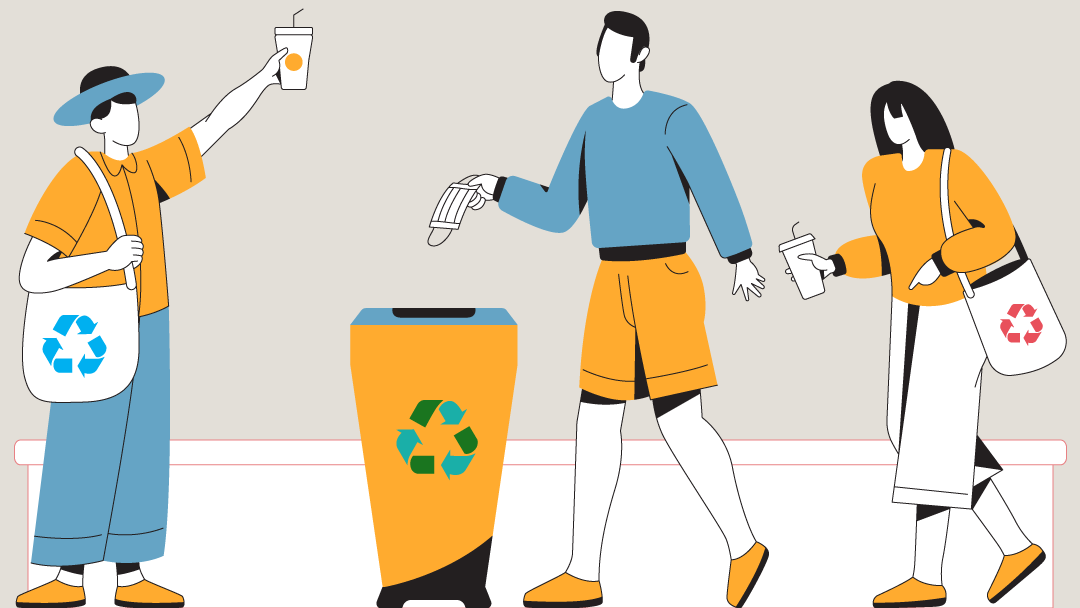 Published on 01.06.2023 at 16:59
Published on 01.06.2023 at 16:59